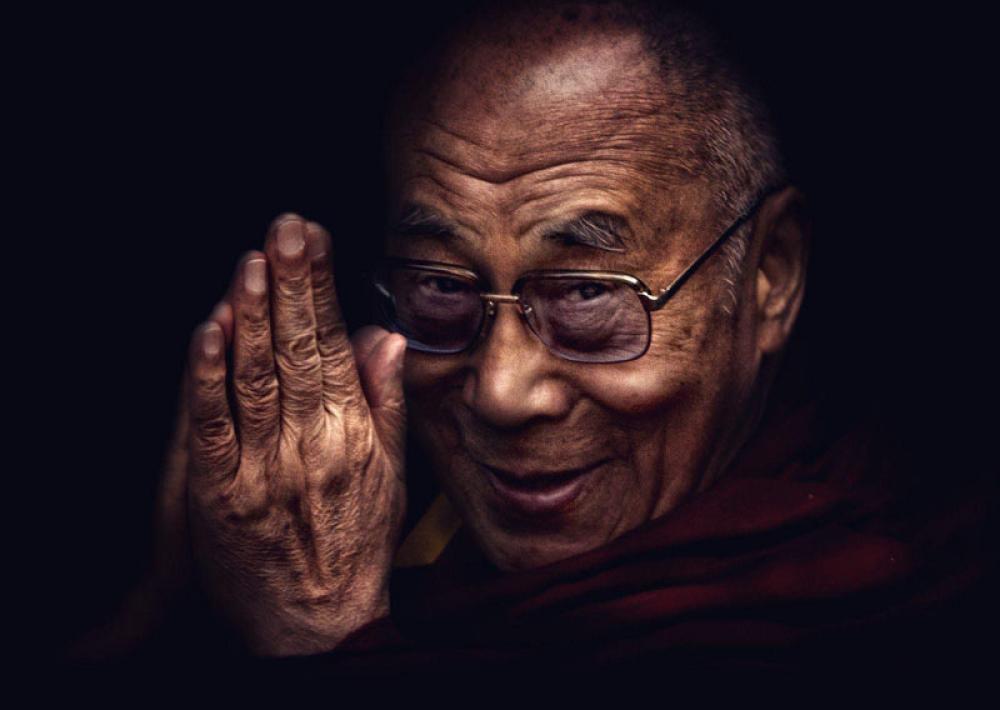Just Earth News | @justearthnews | 11 Mar 2021

Image: Wallpaper Cave
Washington: The United States has said China should have no role to play in deciding the successor of spiritual leader Dalai Lama.
"Well, we believe that the Chinese Government should have no role in the succession process of the Dalai Lama," US State Department Spokesperson Ned Price told the media.
"Beijing’s interference in the succession of the Panchen Lama more than 25 years ago, including by, quote/un-quote, 'disappearing' the Panchen Lama as a child and attempting to replace him with a PRC Government-chosen successor, it remains an outrageous abuse of religious freedom," he said.
Tibetan religious leader Dalai Lama is just five years away from making a decision on his reincarnation and experts fear that his death could spark a religious crisis in Asia.
The best-known living Buddhist figure in the world said that when he turned 90 years old, he would decide whether he should be reincarnated -- potentially ending a role that has been key to Tibetan Buddhism for more than 600 years, but in recent decades has become a political lightning rod in China, reports CNN.
While the 14th Dalai Lama, Tenzin Gyatso, is reportedly still in good health, he is now 85 and questions over his succession are growing, along with fears that his death could spark a religious crisis in Asia, the American news channel reported.
Dalai Lama has been living in India ever since he fled Tibet in 1959 during the Tibetan uprising.
The Buddhist spiritual leader created a government-in-exile in north Indian Himalayan region of Dharamsala. He even launched a campaign to reclaim Tibet from China.
India had granted asylum to Dalai Lama in 1959.
China sees him as a separatist.
Experts, however, have said that, regardless of what he chooses, the Chinese government will almost certainly move to pick a new Dalai Lama in Tibet -- one who is expected to support the ruling Chinese Communist Party's (CCP) control of the region, reports CNN.
That could lead to two separate Dalai Lamas being chosen -- one in China and one in India, the American news channel reported.
Tenzin Tseten, a research fellow at the Dharamsala-based Tibet Policy Institute, said the Dalai Lama was of great significance to the Tibetan people and a symbol of their "nationalism and identity."
"The Tibetan people will never accept a CCP-appointed Dalai Lama," Tenzin told CNN.